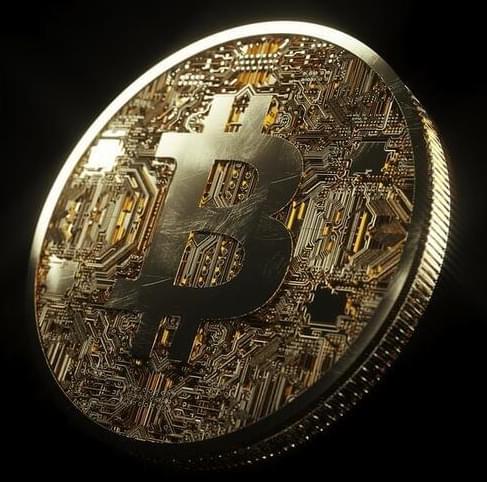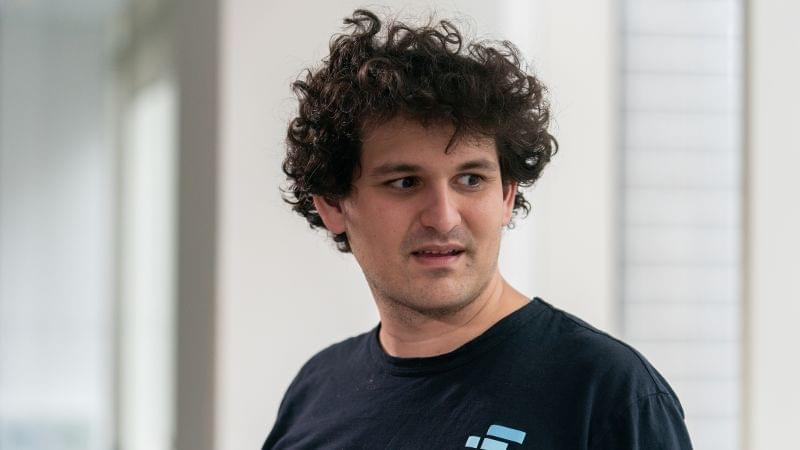Bitcoin is trending sideways in its current range, the cryptocurrency managed to prevent a fresh assault from the bears, but uncertainty remains strong in the market. This status quo supports the price action, and it could operate as the dominant trend for the remaining of the year.
As of this writing, Bitcoin trades at $16,400. The cryptocurrency has been stuck at these levels for today’s trading session after re-testing its yearly lows yesterday. In the wake of FTX’s collapse, crypto users have lost confidence. This could have a long-lasting impact on the nascent asset class.
Data from crypto exchange Bitfinex indicates that users are withdrawing their Bitcoin from exchanges en masse. The FTX’s collapse triggered a massive BTC outflow from trading venues; investors fear losing their funds in the contagion.




